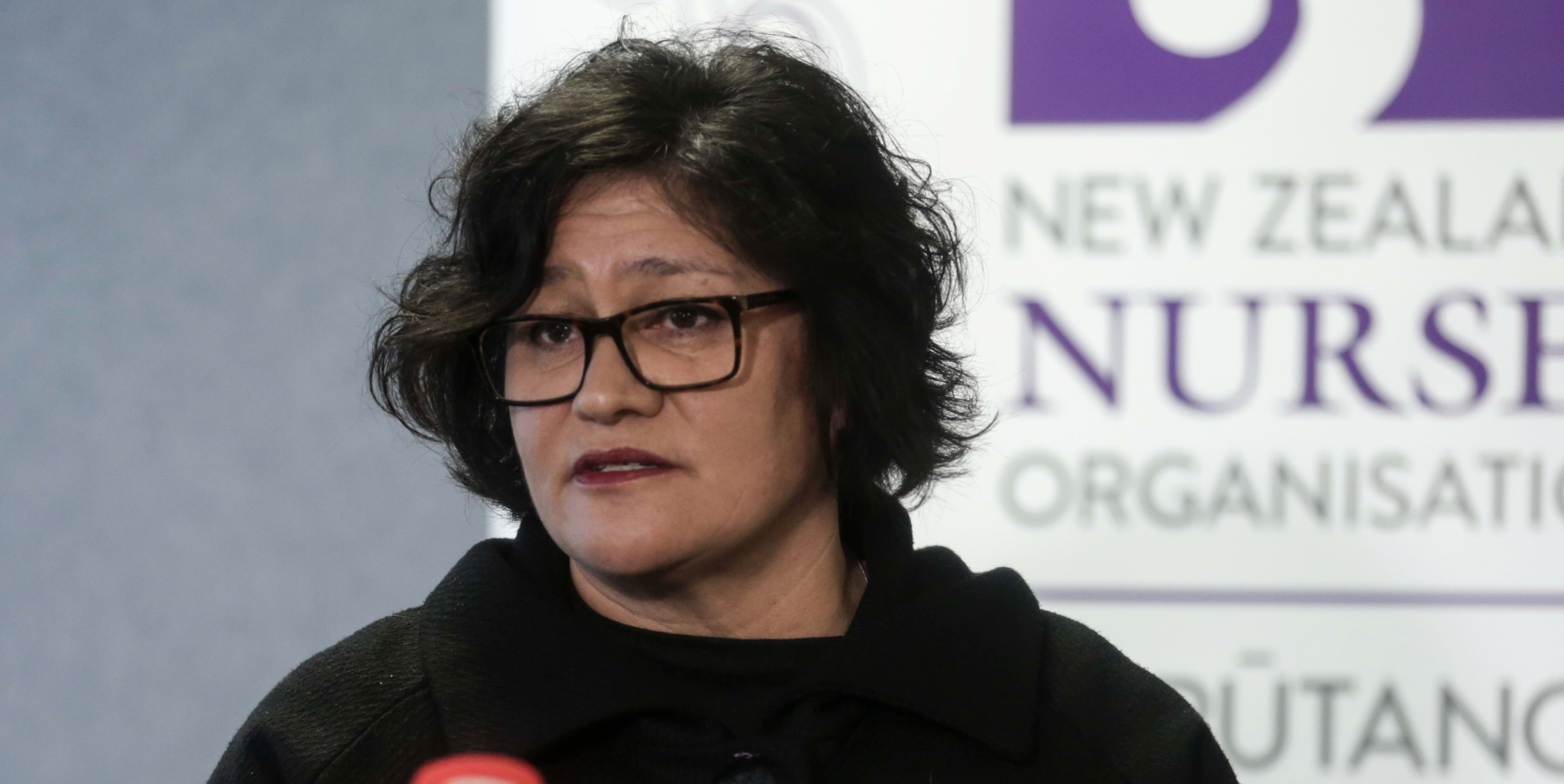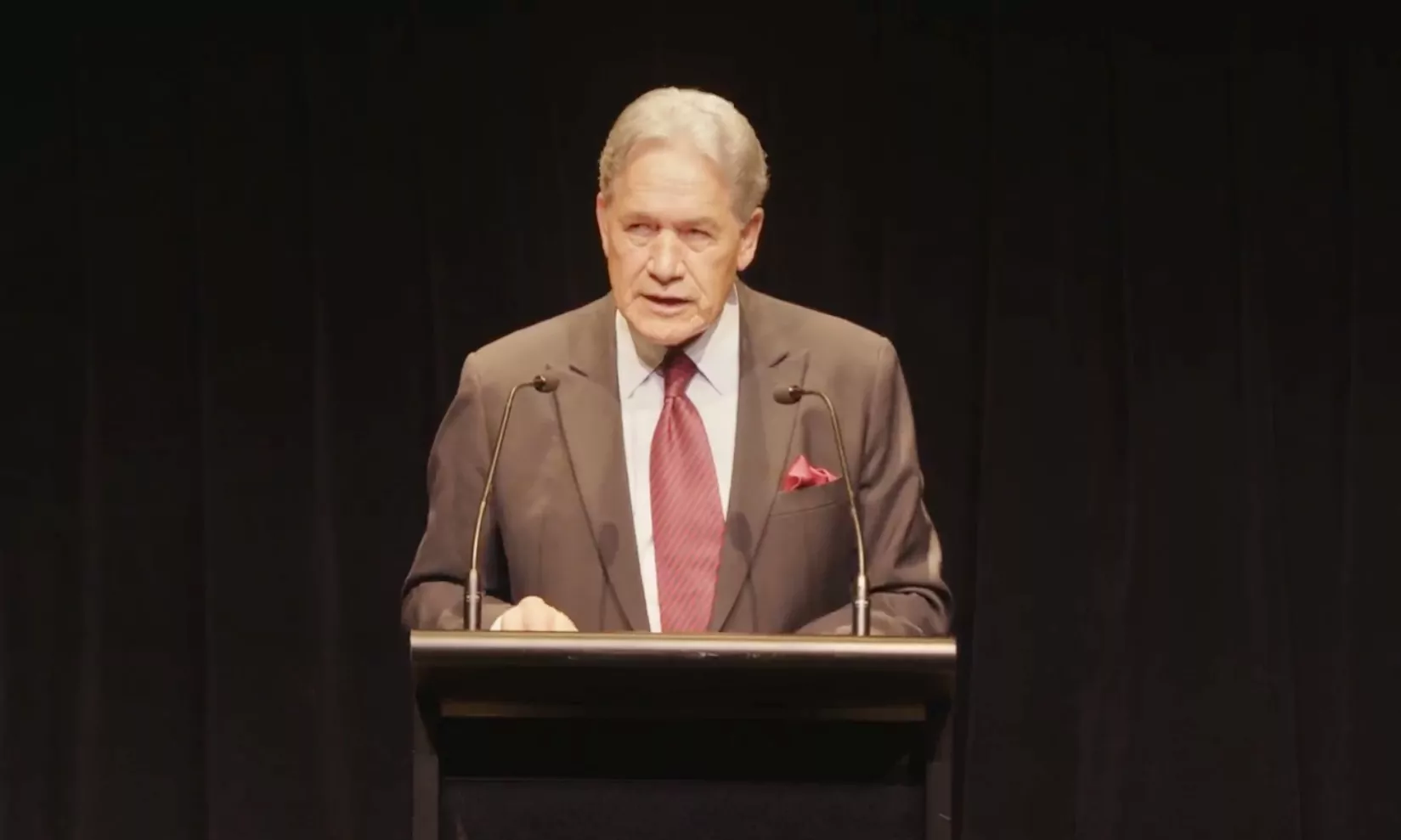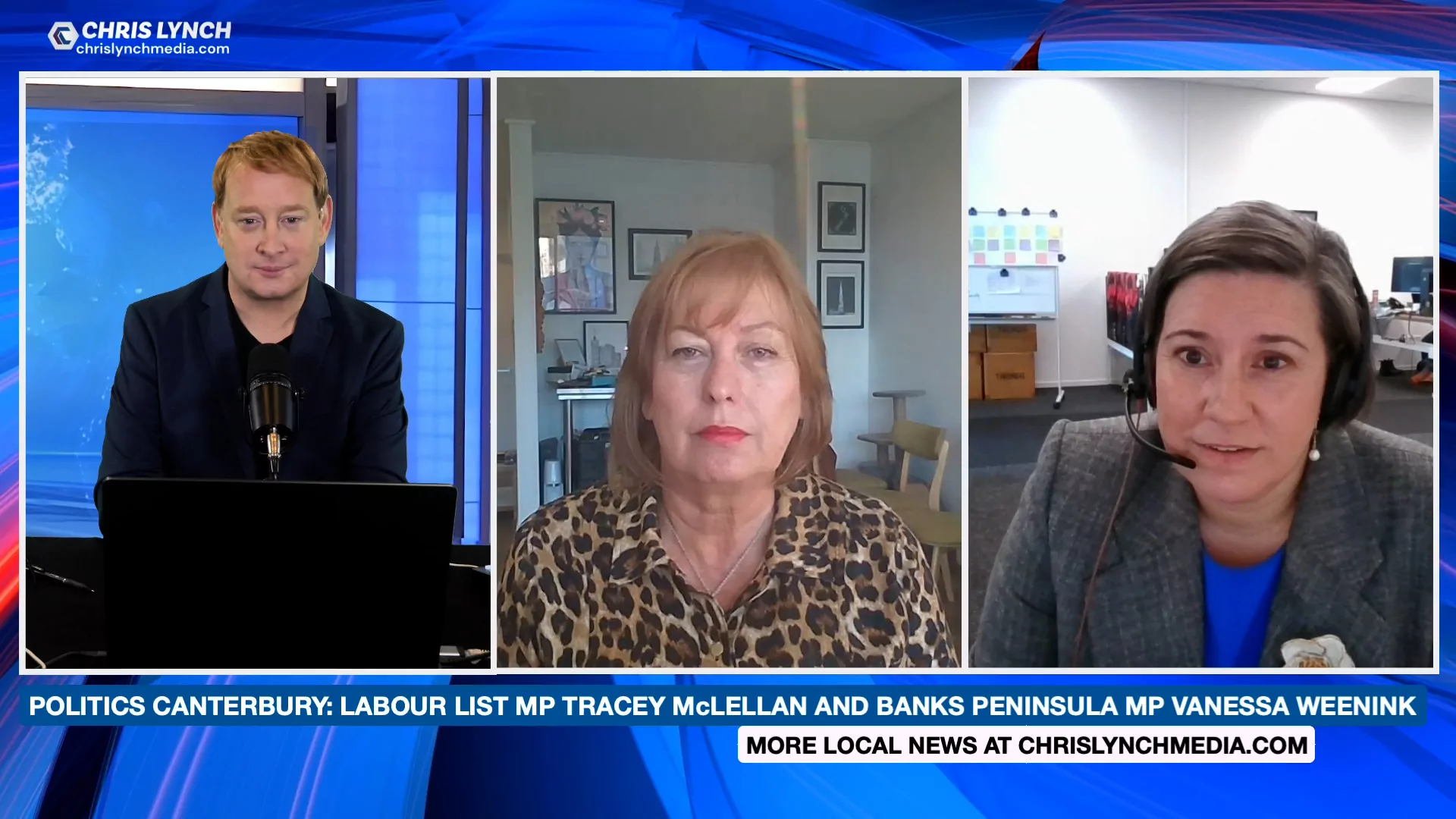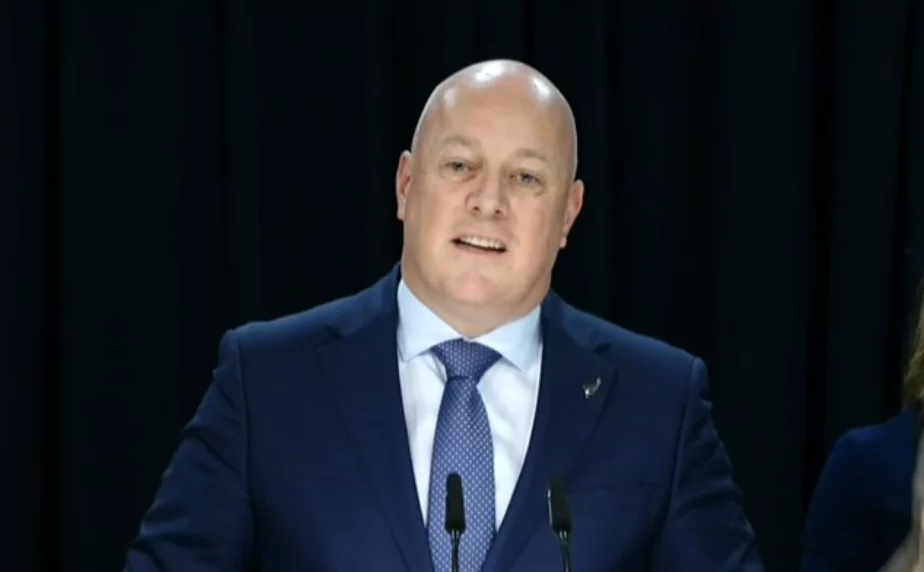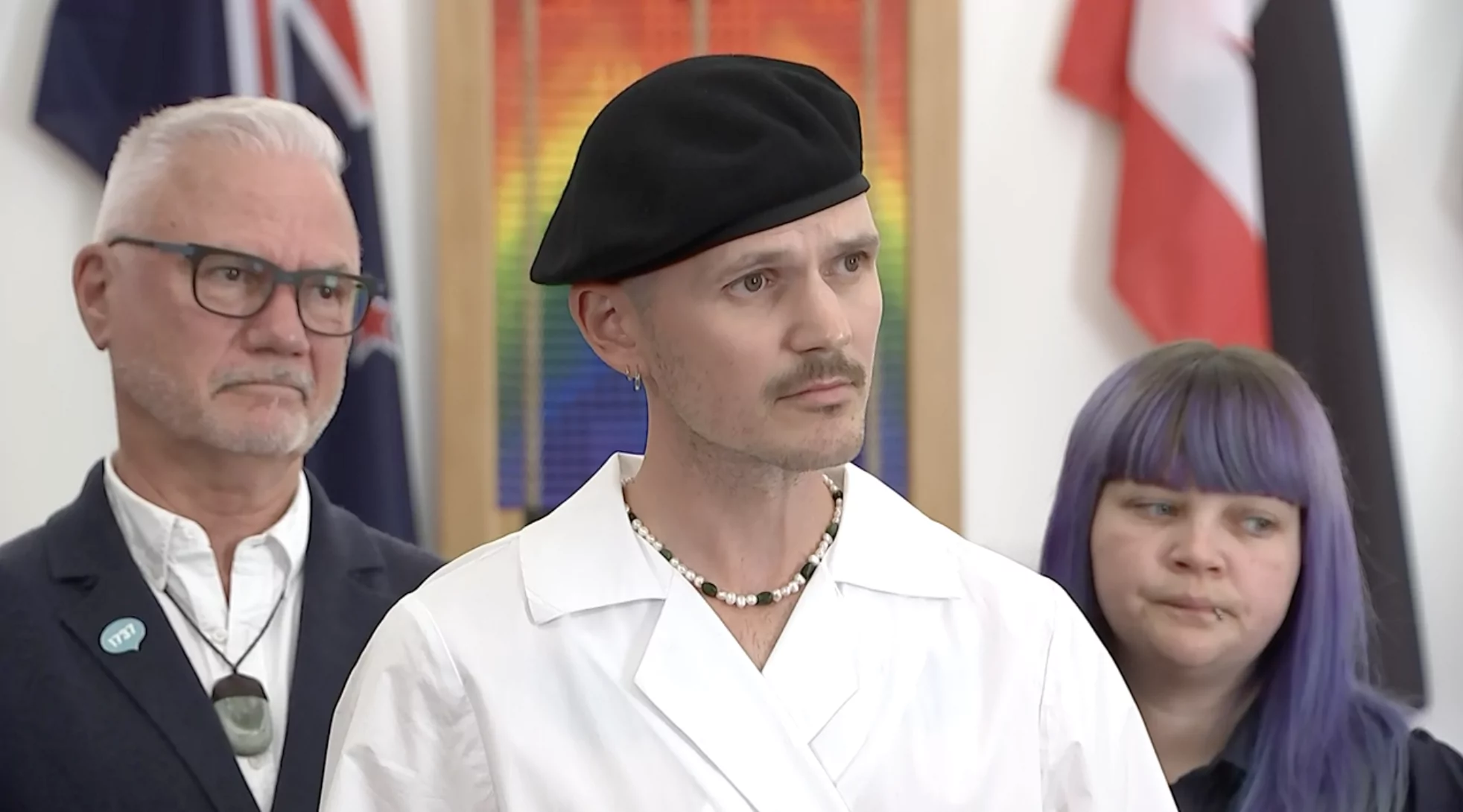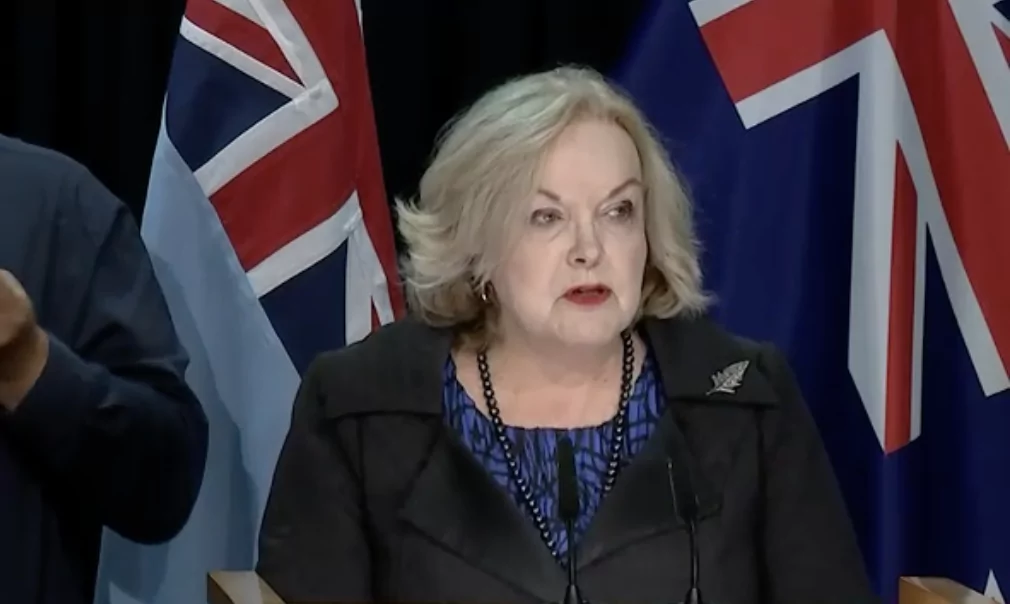New Zealand’s health system based on “western models has culturally alienated Māori and Pasifika” according to the nurses union.
The New Zealand Nurses Organisation’s Kerri Nuku said the health sector needs 4000 nurses, but any recruitment initiatives must be focused on having more Māori and Pasifika nurses, midwives and health care assistants in place.
“We have a health system based on western models from which many Māori and Pasifika people feel culturally alienated. This means they are much more likely to seek health care late, or not at all.
“That’s a tragedy, but denying Māori and Pasifika culturally appropriate care also puts a greater strain on the health system’s resources through longer than necessary treatment and longer hospital stays. Those are resources that could be used to fund more beds or pay wages for more nurses.”
The most recent Nursing Council statistics indicate that Māori (17.4 percent of the population) make up just 7 percent of the nursing workforce. Pasifika (8 percent of the population) make up just 4 percent.
Nuku said increasing these numbers significantly will result in care across the health system that is culturally appropriate and that will lead to increased (and earlier) Māori and Pasifika engagement with services. And this will significantly reduce the economic health burden.
“We need also to remember that upholding te Tiriti o Waitangi firmly across the health system is part of the obligation for Māori to have self-determination over their own health and wellbeing and to achieve equitable health outcomes. Pasifika are also entitled to culturally appropriate care.
“We cannot achieve these things without more Māori and Pasifika nurses.”
She said to grow nursing numbers we will also need to address the nursing student problem.
“By the third year of study 25 percent of nursing students drop out overall – mostly due to financial hardship.
That figure is 33 percent for Māori and 37 percent for Pasifika.
“One way of attracting nursing students would be funded free training for them, and to have their work placements paid.
Dropout figures would fall and the number of new nurses would rise more quickly over time.
“We do this for much-needed trade apprentices, so why not for nurses? Surely that’s a policy gap any political party with a modicum of courage could grab!”
Nuku said she wonders how many political parties really grasp how bad things will get in the next few years if these problems aren’t addressed.
“I would love to hear more from political parties about just how they will find the courage to fund more nurses more quickly, particularly Māori and Pasifika.
These are real problems and I want to know just what each party intends to do about them.”
Nuku didn’t outline what the difference was between “western models” and “culturally appropriate self-determination models.”
